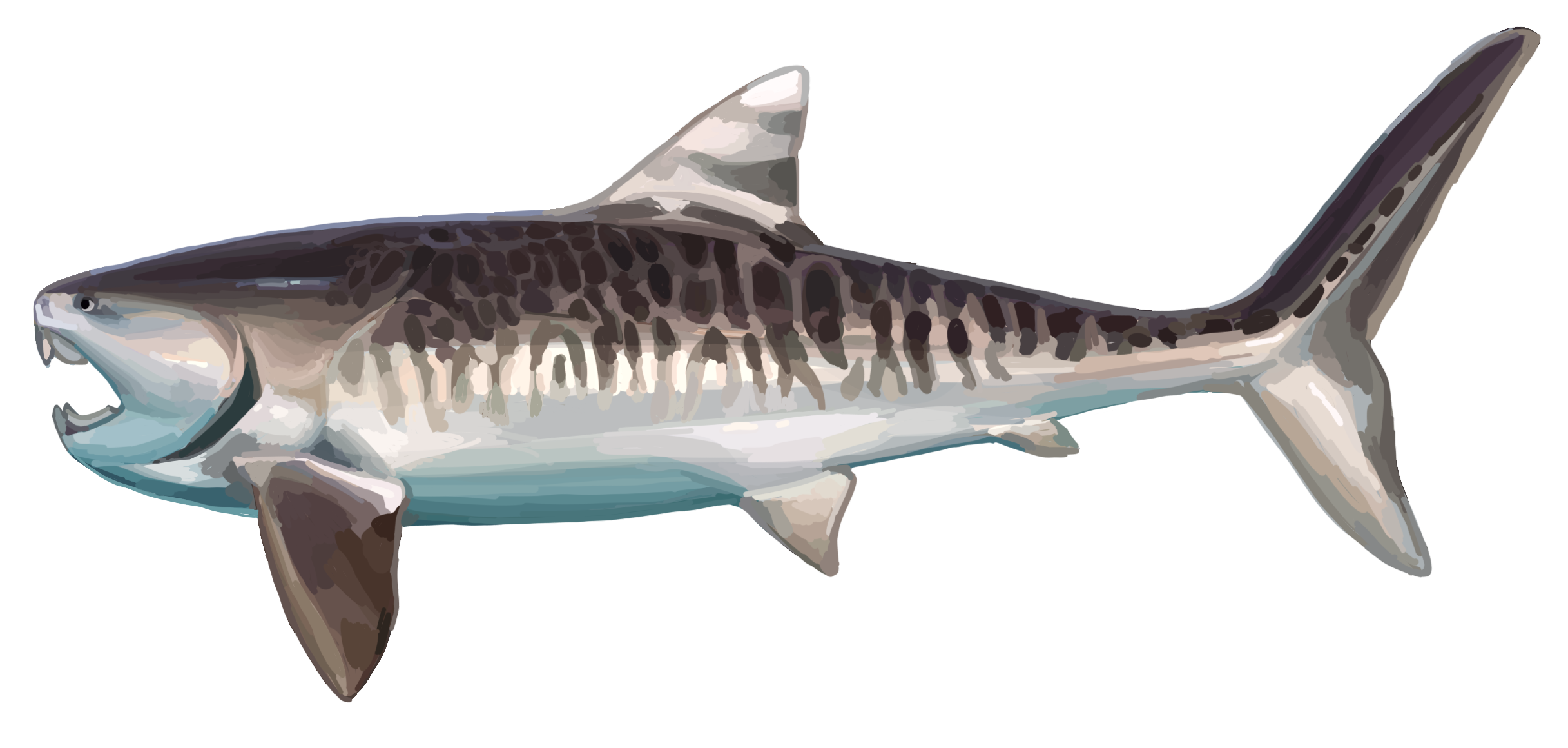|
Atlantoraja Cyclophora
The eyespot skate (''Atlantoraja cyclophora'') is a species of fish in the family Arhynchobatidae. It is found in Argentina, Brazil, and Uruguay. Its natural habitats are open sea The sea, connected as the world ocean or simply the ocean, is the body of salty water that covers approximately 71% of the Earth's surface. The word sea is also used to denote second-order sections of the sea, such as the Mediterranean Sea, ...s and shallow seas. Sources Atlantoraja Fish described in 1903 Taxonomy articles created by Polbot {{Rajiformes-stub ... [...More Info...] [...Related Items...] OR: [Wikipedia] [Google] [Baidu] |
Fish
Fish are aquatic, craniate, gill-bearing animals that lack limbs with digits. Included in this definition are the living hagfish, lampreys, and cartilaginous and bony fish as well as various extinct related groups. Approximately 95% of living fish species are ray-finned fish, belonging to the class Actinopterygii, with around 99% of those being teleosts. The earliest organisms that can be classified as fish were soft-bodied chordates that first appeared during the Cambrian period. Although they lacked a true spine, they possessed notochords which allowed them to be more agile than their invertebrate counterparts. Fish would continue to evolve through the Paleozoic era, diversifying into a wide variety of forms. Many fish of the Paleozoic developed external armor that protected them from predators. The first fish with jaws appeared in the Silurian period, after which many (such as sharks) became formidable marine predators rather than just the prey of arthropods. Mos ... [...More Info...] [...Related Items...] OR: [Wikipedia] [Google] [Baidu] |
Arhynchobatidae
Arhynchobatidae is a family of skates and is commonly known as the softnose skates. It belongs to the order Rajiformes in the superorder Batoidea of rays. At least 104 species have been described, in 13 genera. Softnose skates have at times been placed in the same family as hardnose skates, but most recent authors recognize them as a distinct family. Members of the Arhynchobatidae can be distinguished from hardnose skates in having a soft and flexible snout, as well as a more or less reduced rostrum. Genera The 13 recognized genera of softnose skates are: * '' Arhynchobatis'' * '' Atlantoraja'' * ''Bathyraja'' * '' Brochiraja'' * '' Insentiraja'' * '' Irolita'' * '' Notoraja'' * ''Pavoraja'' * ''Psammobatis'' * ''Pseudoraja'' * '' Rhinoraja'' * ''Rioraja The Rio skate (''Rioraja agassizii'') is a shallow water skate native to the Atlantic coast of South America from Brazil to southern Argentina. It is the only member of the monotypic genus ''Rioraja''. Named in honor of zool ... [...More Info...] [...Related Items...] OR: [Wikipedia] [Google] [Baidu] |
Habitat
In ecology, the term habitat summarises the array of resources, physical and biotic factors that are present in an area, such as to support the survival and reproduction of a particular species. A species habitat can be seen as the physical manifestation of its ecological niche. Thus "habitat" is a species-specific term, fundamentally different from concepts such as environment or vegetation assemblages, for which the term "habitat-type" is more appropriate. The physical factors may include (for example): soil, moisture, range of temperature, and light intensity. Biotic factors will include the availability of food and the presence or absence of predators. Every species has particular habitat requirements, with habitat generalist species able to thrive in a wide array of environmental conditions while habitat specialist species requiring a very limited set of factors to survive. The habitat of a species is not necessarily found in a geographical area, it can be the interior ... [...More Info...] [...Related Items...] OR: [Wikipedia] [Google] [Baidu] |
Atlantoraja
''Atlantoraja'' is a genus of skates in the family Arhynchobatidae. They are found from near sea level to depths of in the Atlantic Ocean off Argentina, Brazil and Uruguay. These fish are all considered threatened due to the intense fishing pressure within their range. Species There are three extant and one extinct species recognized within the genus: * ''Atlantoraja castelnaui'' ( A. Miranda-Ribeiro, 1907) (Spotback skate) * †'' Atlantoraja cecilae'' (Steurbaut & Herman, 1978) * '' Atlantoraja cyclophora'' (Regan The family name Regan, along with its cognates O'Regan, O Regan, Reagan, and O'Reagan, is an Anglicized form of the Irish surname Ó Riagáin or Ó Ríogáin, from Ua Riagáin. The meaning is likely to have originated in ancient Gaelic ''ri'' ..., 1903) (Eyespot skate) * '' Atlantoraja platana'' ( Günther, 1880) (La Plata skate) References * Rajidae Ray genera Taxonomy articles created by Polbot {{Rajiformes-stub ... [...More Info...] [...Related Items...] OR: [Wikipedia] [Google] [Baidu] |
Fish Described In 1903
Fish are aquatic, craniate, gill-bearing animals that lack limbs with digits. Included in this definition are the living hagfish, lampreys, and cartilaginous and bony fish as well as various extinct related groups. Approximately 95% of living fish species are ray-finned fish, belonging to the class Actinopterygii, with around 99% of those being teleosts. The earliest organisms that can be classified as fish were soft-bodied chordates that first appeared during the Cambrian period. Although they lacked a true spine, they possessed notochords which allowed them to be more agile than their invertebrate counterparts. Fish would continue to evolve through the Paleozoic era, diversifying into a wide variety of forms. Many fish of the Paleozoic developed external armor that protected them from predators. The first fish with jaws appeared in the Silurian period, after which many (such as sharks) became formidable marine predators rather than just the prey of arthropods. Most fis ... [...More Info...] [...Related Items...] OR: [Wikipedia] [Google] [Baidu] |

